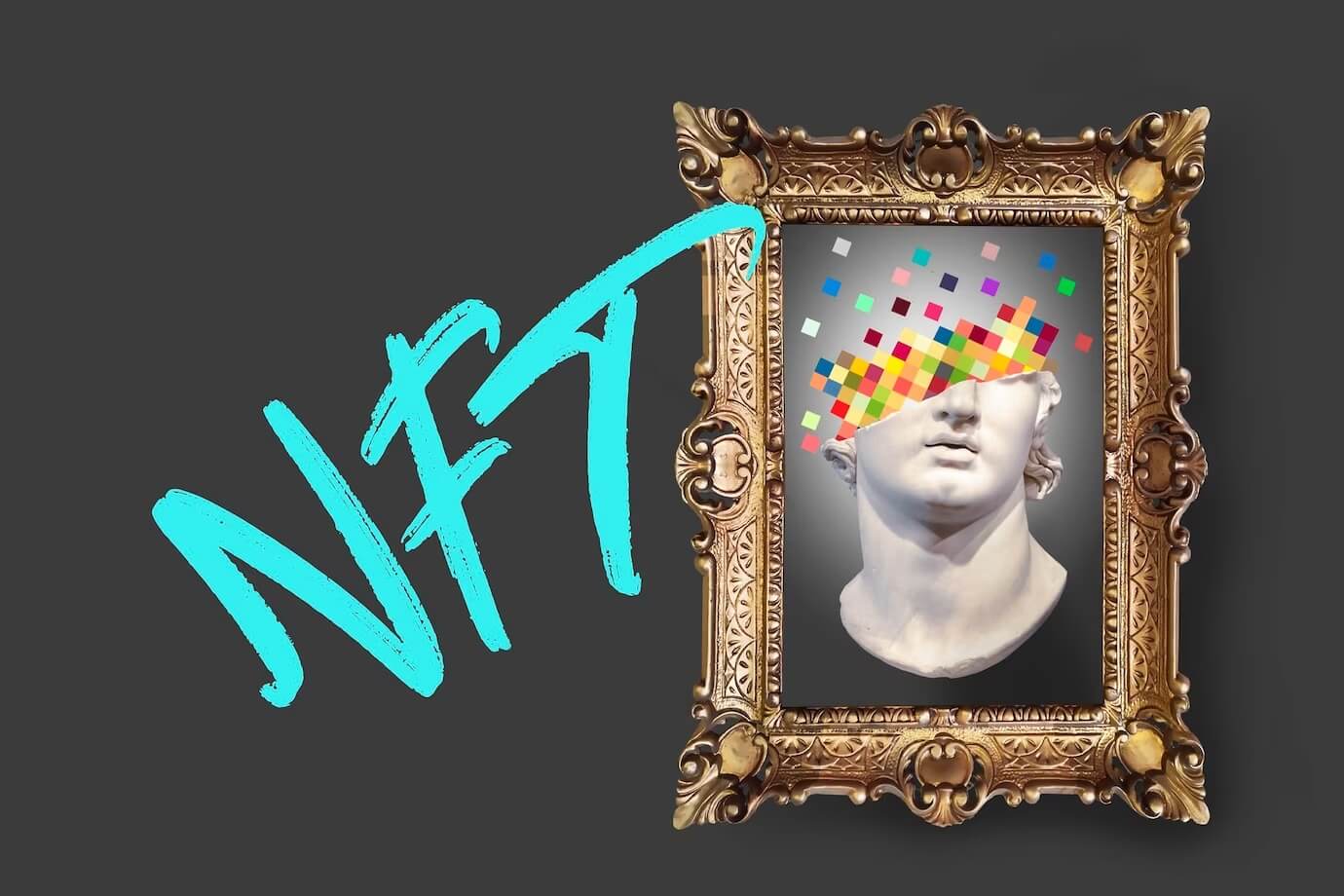Non-Fungible Tokens (NFTs) have taken the digital world by storm, revolutionizing the way we perceive ownership, collectibles, and digital assets. In this comprehensive guide, we’ll dive into the world of NFTs, exploring what they are, how they function on blockchain technology, and the implications of this groundbreaking innovation on various industries.
What are NFTs?
NFTs, short for Non-Fungible Tokens, are unique digital assets that exist on a blockchain. Unlike cryptocurrencies such as Bitcoin or Ethereum, which are fungible and interchangeable, NFTs are indivisible and irreplaceable, making each one distinct and valuable in its own right. This uniqueness is what sets NFTs apart, as they represent ownership and authenticity of a specific item, artwork, music, video, virtual real estate, or any digital content.
How do NFTs work?
- Blockchain Technology:
NFTs are built on blockchain technology, which provides transparency, security, and immutability. Ethereum is the most common blockchain used for creating NFTs, as it supports smart contracts that enable the creation and management of unique tokens.
- Smart Contracts:
Smart contracts are self-executing contracts with the terms and conditions of the agreement directly written into code. In the case of NFTs, smart contracts govern the creation, ownership, and transfer of these unique digital assets. They also define the rules for royalties and the rights of the original creator.
- Unique Identifiers:
Every NFT has a unique identifier, which distinguishes it from other tokens. This identifier, known as a token ID, serves as proof of ownership and authenticity.
- Ownership and Transfer:
When an NFT is created, it is initially owned by its creator and stored in their digital wallet. NFTs can then be bought, sold, and transferred between users through various NFT marketplaces. Each transfer is recorded on the blockchain, ensuring a transparent and immutable ownership history.
Use Cases of NFTs
- Digital Art and Collectibles:
NFTs have revolutionized the art world by enabling digital artists to tokenize their work, establish provenance, and sell their art directly to collectors. The ownership and scarcity of NFTs enhance the value of digital art and enable artists to earn royalties from secondary sales.
- Gaming and Virtual Real Estate:
In the gaming industry, NFTs are used to represent in-game assets, characters, and virtual real estate. Players can buy, sell, and trade these unique assets on blockchain-powered platforms, giving them true ownership and control over their virtual possessions.
- Music and Entertainment:
Musicians and content creators can tokenize their music, videos, and other digital content as NFTs. This allows them to monetize their creations directly, engage with fans, and receive royalties from future sales and usage.
- Virtual Identities and Digital Identity:
NFTs can represent virtual identities, providing a secure and unique way to verify individuals’ digital identity and access various online services without compromising privacy.
Impact and Future of NFTs
The rise of NFTs has significant implications for various industries:
- Empowering Creators: NFTs enable artists, musicians, and content creators to directly monetize their work, eliminating the need for intermediaries and giving them more control over their creations.
- Digital Ownership: NFTs redefine digital ownership, allowing users to have verifiable ownership of digital assets, creating new opportunities for ownership economies.
- Collectibles and Memorabilia: NFTs have revived the concept of digital collectibles and memorabilia, attracting a new generation of collectors who value rarity and authenticity.
- Finance and Investment: NFTs have the potential to disrupt traditional finance by tokenizing real-world assets like real estate and enabling fractional ownership, thus democratizing access to investments.
Conclusion
Non-Fungible Tokens (NFTs) have transformed the way we perceive ownership and digital assets. Built on blockchain technology, NFTs offer unique and verifiable ownership of digital content, ranging from art and music to virtual real estate and virtual identities. The impact of NFTs extends to various industries, empowering creators, redefining digital ownership, and creating new opportunities in finance and investment. As this groundbreaking technology continues to evolve, NFTs are likely to shape the future of the digital world, unlocking countless possibilities for creators, collectors, and investors alike.

